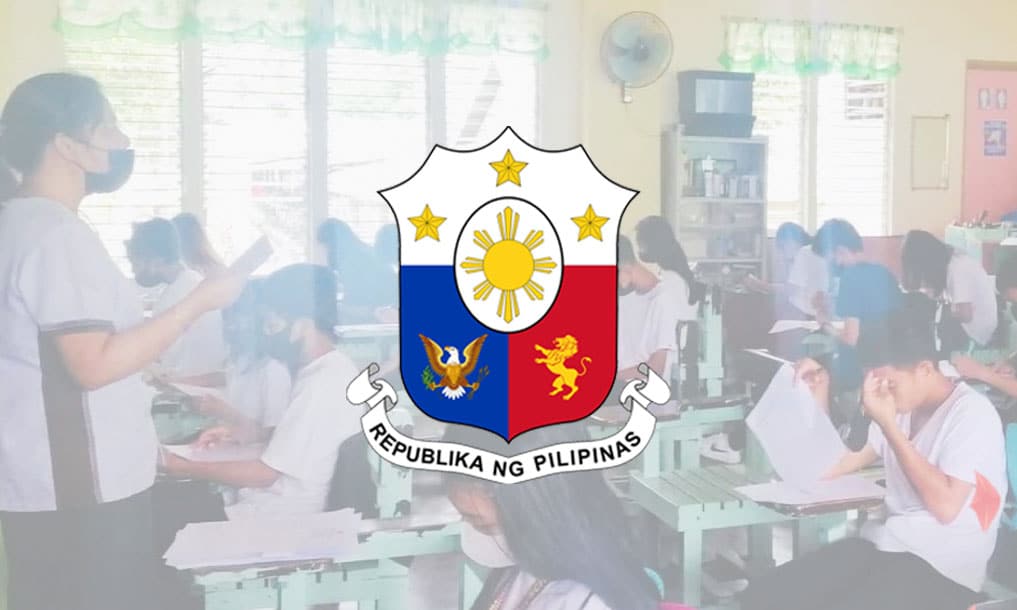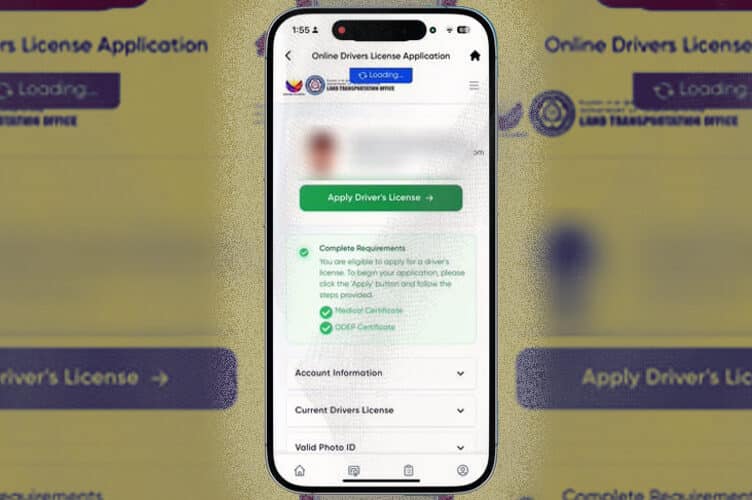DID you know that baby boomers were required to memorize the preamble of the Philippine Constitution when they were in school?
This is not always the case now, but Sen. Jinggoy Estrada wants high school students to study the Constitution intensively so that they could have a “nationalist mindset.”
Estrada has proposed the inclusion of a Constitutional Education Course in the high school curriculum in public and private schools.
What is the Philippine Constitution?
The constitution is the fundamental law of the land. It lays down the principles of a nation, and sets the rules for how a government should be organized.
The latest Philippine Constitution was approved in 1987.
Legal basis
The 1987 Constitution actually states that all schools must include the study of the constitution.
It also states that schools should inculcate patriotism and nationalism, foster love of humanity, respect for human rights, and appreciation of the role of national heroes in the historical development of the country, and teach the rights and duties of citizenship, among others.
Estrada’s proposal
In line with this, the curriculum of junior and high school students in all public and private schools must integrate a Constitutional Education Course, said Estrada.
According to him, students must not just develop technical skills, they must also have strong nationalism and patriotism. And these could be ingrained in them through a course on the constitution, he said.
“A nationalist mindset must be instilled in Filipino learners who will contribute to a strong Philippine economy, grounded in their commitment to the nation,” he said.
Course objectives
The course must raise students’ level of awareness and understanding of the history and provisions of the constitution, according to Estrada’s bill. The students must also know more about their rights and duties.
The course must likewise teach them to appreciate and exercise democratic values, including transparency, accountability, and respect for human rights, it said.
It must also allow them to understand and practice active citizenship, and encourage them to participate in government processes.
The students must gain knowledge about the constitution that they could use in their analysis and involvement in public issues, it added
Course topics
The course on the constitution must include:
- History and overview of the 1987 constitution
- Nationalism and sovereignty
- State principles and policy
- The national territory
- Government branches, institutions, and processes
- Rights and duties of citizens
- National economy and patrimony
- Citizenship and suffrage
- Democratic values, social justice, and human rights
- Active participation and people’s participation in governance
- Education, science, and technology, arts, culture, and sports
- Current issues
Teacher training
Education officials must also train teachers on how to carry out the Constitution Education Course, the bill stated.
How useful was this post?
Click on a star to rate it!
Average rating 0 / 5. Vote count: 0
No votes so far! Be the first to rate this post.
We are sorry that this post was not useful for you!
Let us improve this post!
Tell us how we can improve this post?







